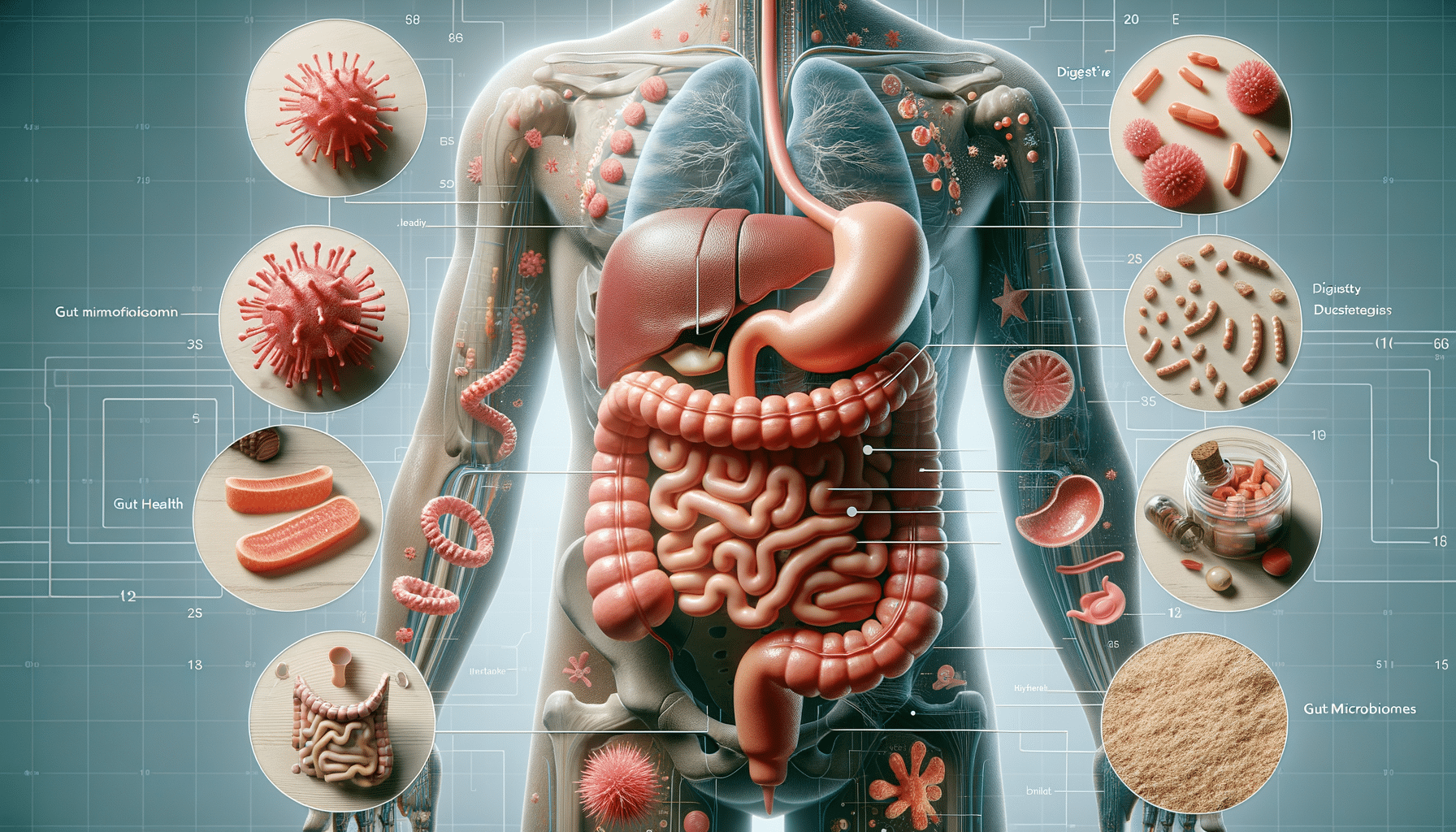
Exploring the Impact of Gut Health on Overall Wellness
The Importance of Gut Health
The intricate relationship between gut health and overall wellness is a topic of increasing interest in the scientific community. The gut, often referred to as the “second brain,” plays a crucial role in maintaining various bodily functions. A healthy gut not only aids in digestion but also impacts our immune system, mental health, and even skin conditions. This is largely due to the diverse community of microorganisms residing in the gut, known as the gut microbiome. These microorganisms help in breaking down food, absorbing nutrients, and protecting against harmful pathogens.
Recent studies have highlighted that a balanced gut microbiome is associated with reduced risks of chronic diseases such as obesity, diabetes, and heart disease. This connection underscores the importance of maintaining gut health through a balanced diet rich in fiber, probiotics, and prebiotics. Foods such as yogurt, kefir, and sauerkraut are excellent sources of probiotics, while bananas, onions, and garlic provide prebiotics that nourish beneficial bacteria.
Furthermore, lifestyle factors such as stress management, regular exercise, and adequate sleep are essential in supporting gut health. By prioritizing these aspects, individuals can enhance their overall well-being and reduce the risk of health issues linked to an imbalanced gut microbiome.
Understanding the Digestive System
The digestive system is a complex network that plays a fundamental role in breaking down food into nutrients, which the body uses for energy, growth, and cell repair. It consists of the gastrointestinal tract, liver, pancreas, and gallbladder. The process begins in the mouth, where food is chewed and mixed with saliva to form a bolus. This bolus then travels down the esophagus to the stomach, where it is further broken down by stomach acids.
From the stomach, the partially digested food moves to the small intestine, where most of the digestion and nutrient absorption occurs. The pancreas and liver contribute essential enzymes and bile, respectively, to aid in this process. The remaining waste products then pass into the large intestine, where water is absorbed, and the waste is eventually excreted.
Each component of the digestive system has a specific function, and any disruption can lead to digestive disorders such as irritable bowel syndrome (IBS), gastroesophageal reflux disease (GERD), and celiac disease. Understanding how the digestive system works can help individuals make informed decisions about their diet and lifestyle to support digestive health.
Advancements in Gut Microbiome Research
In recent years, research on the gut microbiome has expanded significantly, unveiling its profound impact on human health. Scientists have discovered that the gut microbiome influences not only the digestive system but also the immune system, brain function, and even mood regulation. This has led to a surge in interest regarding how diet, lifestyle, and environmental factors affect the microbiome.
One of the most exciting areas of research is the potential of microbiome-based therapies. For instance, fecal microbiota transplantation (FMT) has shown promise in treating conditions like Clostridioides difficile infection, which is resistant to conventional antibiotics. Additionally, personalized nutrition plans based on an individual’s microbiome composition are being explored to optimize health outcomes.
As research progresses, it is becoming clear that maintaining a diverse and balanced gut microbiome is crucial for preventing disease and promoting long-term health. This growing body of evidence encourages individuals to adopt dietary and lifestyle practices that support a healthy microbiome, such as consuming a variety of plant-based foods, reducing processed foods, and staying physically active.


